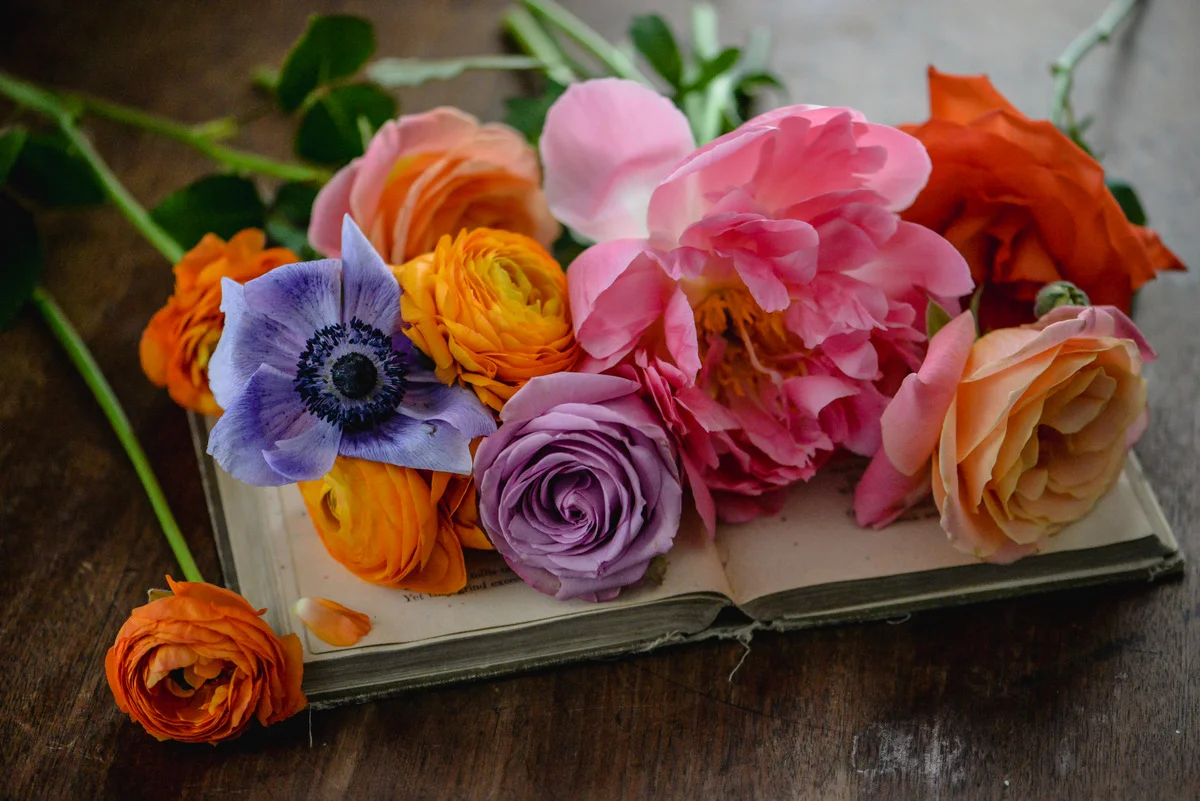Two Lines of Poetry or a Three Minute song
I shared some words by the Irish poet Paula Meehan on Facebook earlier this week. They were:
“I think the whole river of poetry is a history of the dream life and the dreaming of the human species,” she says. “I think we can solve things through dreaming, I think we can embed important memories, survival strategies, through dreaming. It's the place where everybody is a poet, in the dream.”
“Just as a poem can contain a complete mystery of the universe, she says, it can also be a kind of salvation. “There are poems that tell stories but there are also poems that just give you a moment of vision or transcendence or colour even, or just an image that you can carry around with you. Two lines. Two lines can save a life, I believe it.”
I really do believe that two lines of poetry can save a life. Poetry has saved my life time and again. I also like what she says about dreaming which I’ve written about here a fair bit. It’s a word that comes up in a lot of my posts. I like to keep an eye out for my dreams, I like to listen them in. The one good thing about recurring insomnia is it leaves you time to think about what you’ve dreamt.
I like to think about how poems can save a life, but how they won’t change the world. Won’t they? You might remember me talking about Patrizia Cavalli’s book, My Poems Won’t Change the World, her lines:
Someone told me
of course my poems
won't change the world.
I say yes of course
my poems
won't change the world.
Which is to say, of course they can change the world, or at least the world of the reader.
We can work things out in a poem, we can work things out in dreams. Let’s not go to sleep, let’s go to dream. Let’s go to the poems in our dreams. Let’s go to poems.
When you write a poem, or a song, or a novel, or anything, I think it helps if you know what the stakes are. You’re able to save a life.
Here’s Bruce on performing:
“I guess we come out and deliver the straight dope to our crowd as best we can. It’s coming on stage with the idea: OK, well the stakes that are involved this evening are quite high. I don’t know exactly who’s in the crowd. But I know that my life was changed in an instant by something that people thought was purely junk – pop music records. And you can change someone’s life in three minutes with the right song. I still believe that to this day. You can bend the course of their development, what they think is important, of how vital and alive they feel. You can contextualise very, very difficult experiences. Songs are pretty good at that. So all these are the stakes that are laid out on the table when you come out at night. And I still take those stakes seriously after all that time, if not more so now, as the light grows slightly dimmer. I come out believing there’s no tomorrow night, there wasn’t last night, there’s just tonight. And I have built up the skills to be able to provide, under the right conditions, a certain transcendent evening, hopefully an evening you’ll remember when you go home. Not that you’ll just remember it was a good concert, but you’ll remember the possibilities the evening laid out in front of you, as far as where you could take your life, or how you’re thinking about your friends, or your wife or your girlfriend, or your best pal, or your job, your work, what you want to do with your life. These are all things, I believe, that music can accommodate and can provide service in. That’s what we try to deliver.”
I repeat: “And you can change someone’s life in three minutes with the right song. I still believe that to this day. You can bend the course of their development, what they think is important, of how vital and alive they feel.”
You’ve got to do this thing with joy, you’ve got to love it.
Rumi: “Because I love this, I am never bored. / Beauty constantly wells up, a noise of springwater, / in my ear and in my inner being.”
You have got to send this thing out into the world with some zest! With some joy. With love.
I’ve written about Robert Adams’s books on photography and how he references William Carlos Williams, who “said that poets write for a single reason – to give splendour (a word also used by Thomas Aquinas in defining the beautiful). It is a useful word for a photographer because it implies light – light of overwhelming intensity.”
So, to reiterate, when you are creating something, the stakes are high. But they are beautiful. They are a dream. You must write with joy, toward splendour, toward beauty, the light, everything. Write recklessly, under such a spell of wild and zestful joy, that you will infuse another soul with this very juice welling up in you. I say all this because I need to hear it. Get to work!, is what I always need to hear. And in case you do, as well: get to work!











